Can You Record Facebook Messenger Voice Calls?
Recording Facebook Messenger voice calls is a question that arises frequently among users who wish to preserve important conversations for personal, legal, or professional reasons. With the prevalence of digital communication, the ability to record calls on messaging platforms is both a convenience and a potential ethical issue. This article delves into the technical, legal, and ethical considerations surrounding the recording of voice calls on Facebook Messenger, offering insights to help you navigate this complex issue responsibly.
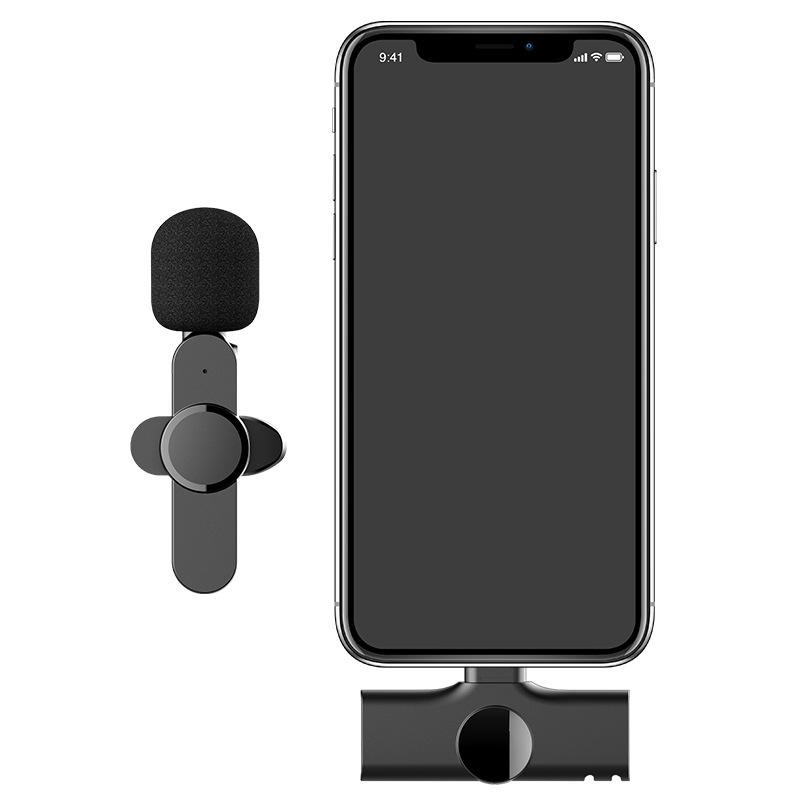
The Technical Side: Is It Possible to Record Messenger Calls?
The short answer is: yes, it is possible to record Facebook Messenger voice calls. However, Facebook Messenger itself does not provide a built-in call recording feature. To record calls, users typically rely on third-party tools or the native features of their devices. Let’s explore these options:
1. Using Screen Recording on Smartphones
Modern smartphones often come with built-in screen recording capabilities, which can capture audio and video. While this method can work for recording Messenger calls, it has limitations:
- Audio Quality: Depending on the phone's software, audio quality might vary, especially if both parties are not using headphones.
- Notification Alerts: Some devices notify all parties when a recording starts, ensuring transparency.
2. Third-Party Recording Applications
Numerous apps on the market cater to call recording. These apps can capture audio from Messenger calls, but they come with their own considerations:
- Compatibility: Not all apps are compatible with Facebook Messenger, so users must ensure their chosen app supports this function.
- Security Risks: Some third-party apps may pose risks to user privacy and data security.
3. External Recording Devices
For those who prioritize quality and reliability, external recording devices, such as voice recorders or digital audio capture tools, can be used. These devices avoid potential software conflicts and can provide high-fidelity recordings.
4. Desktop Solutions
If using Facebook Messenger on a desktop, tools like screen recording software (e.g., OBS Studio or Camtasia) can capture calls. These solutions often provide better control over recording settings, including audio balance and clarity.
Legal Considerations: Recording Messenger Calls Responsibly
Recording calls, including those made on Facebook Messenger, often involves legal considerations that vary by jurisdiction. Understanding and adhering to the law is crucial to avoid unintended consequences.
1. Consent Requirements
In many countries, the legality of recording a call depends on consent:
- One-Party Consent: In jurisdictions with one-party consent laws, you can record a conversation as long as you are a participant.
- Two-Party Consent: Some areas require the consent of all participants before recording a conversation. Recording without consent in these regions could result in legal penalties.
2. Cross-Border Calls
If you are recording a call with someone in another country, the laws of both jurisdictions may apply. This complexity underscores the importance of obtaining clear consent before recording.
3. Use of Recorded Content
Even if a call is recorded legally, the use of that recording may be restricted. For example, sharing or publishing the content without the consent of all parties could violate privacy laws or platform policies.
Ethical Implications: Striking a Balance
Beyond legal considerations, ethical concerns play a significant role in the decision to record a Messenger call. Transparency and respect for the other party's privacy are paramount.
1. Why Are You Recording?
Understanding your intent is the first step. Recording calls for professional documentation, educational purposes, or personal reflection may be reasonable. However, recording to exploit or harm others is unethical and often illegal.
2. Communicating Intent
Letting the other party know that the call will be recorded fosters trust and avoids potential misunderstandings. This is particularly important in professional or sensitive conversations.
3. Data Security
Once a call is recorded, it becomes a digital asset that needs protection. Unauthorized access or distribution of recorded calls could lead to significant consequences for all parties involved.
Practical Applications of Messenger Call Recording
Recording Messenger calls, when done lawfully and ethically, can serve various practical purposes:
1. Professional Documentation
Professionals who use Messenger for work-related discussions can benefit from recording calls to maintain accurate records. For instance, journalists might record interviews, or remote teams may document meetings.
2. Personal Use
Individuals may record calls for personal reasons, such as preserving conversations with loved ones or documenting verbal agreements.
3. Educational Purposes
In an educational context, recording calls can facilitate the review of lectures, interviews, or study sessions.
4. Legal Evidence
In disputes, recorded calls can sometimes serve as evidence. However, their admissibility in court depends on compliance with legal standards.
Steps to Record Messenger Calls Safely
If you decide to record a Facebook Messenger call, follow these steps to ensure that you do so safely, legally, and ethically:
Step 1: Research Local Laws
Familiarize yourself with the laws governing call recording in your jurisdiction and that of the other participant(s).
Step 2: Choose the Right Tool
Select a reliable recording method that meets your needs while prioritizing privacy and security.
Step 3: Obtain Consent
Inform all participants of your intention to record the call and secure their agreement.
Step 4: Safeguard the Recording
Store recorded calls securely and avoid sharing them without explicit permission from all parties.
Step 5: Use Responsibly
Only use the recorded content for its intended purpose, adhering to legal and ethical guidelines.
Alternatives to Recording Calls
If recording calls is not feasible or appropriate, consider these alternatives:
1. Written Summaries
Taking detailed notes during or after the call can provide a reliable record of the discussion without the need for recording.
2. Screen Sharing Tools
In some cases, screen sharing or collaborative tools can serve as a substitute for call recording, particularly for professional or instructional purposes.
3. Built-in Messaging Features
Facebook Messenger allows for text-based communication and file sharing, which can complement voice calls and provide a written record of key points.
Conclusion
Recording Facebook Messenger voice calls is a practical option for many users, but it requires careful consideration of technical, legal, and ethical factors. By understanding the tools available, adhering to consent laws, and respecting privacy, you can responsibly capture and use recorded calls to meet your needs. Always prioritize transparency and ethical practices to maintain trust and avoid potential pitfalls.


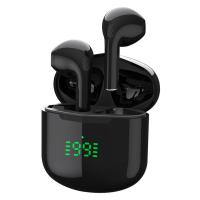
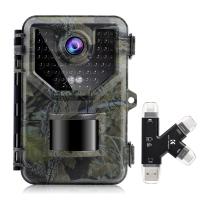
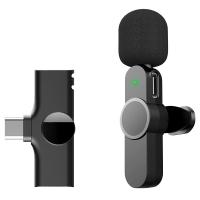
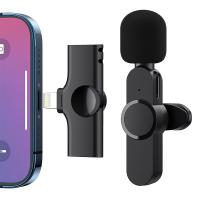
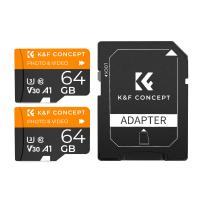
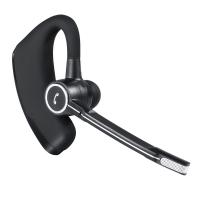
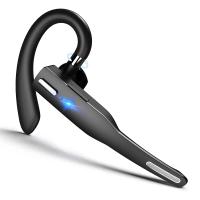
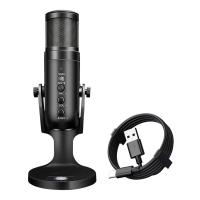
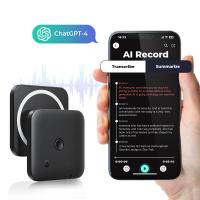
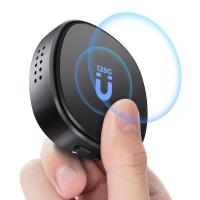
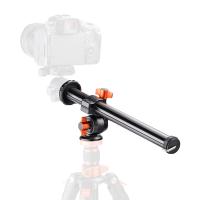
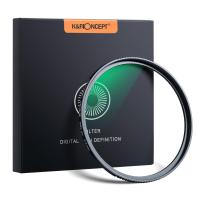

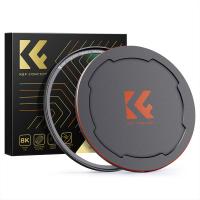
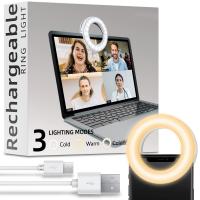

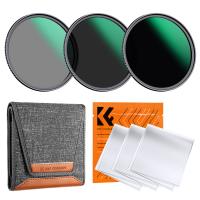
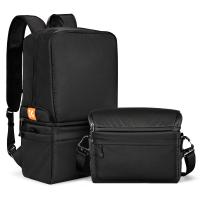
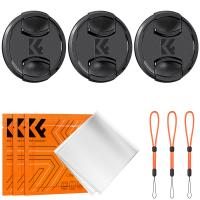


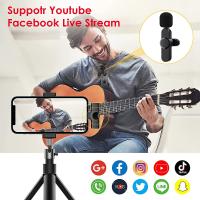

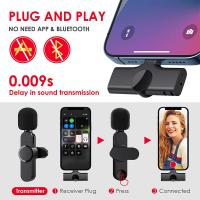
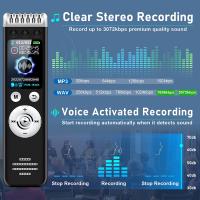
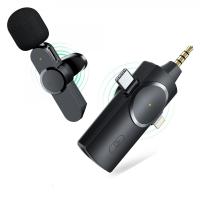
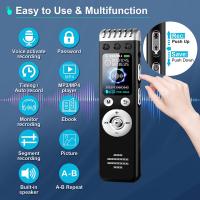

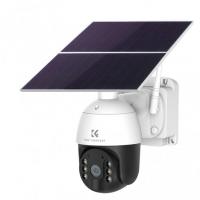
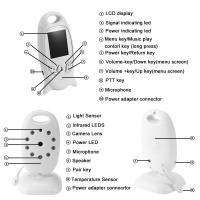
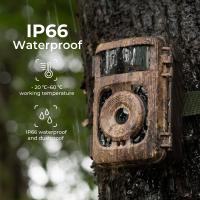
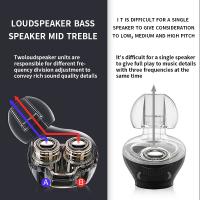
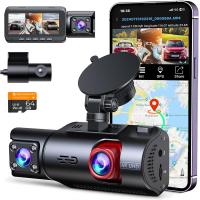

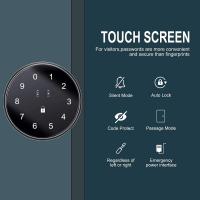
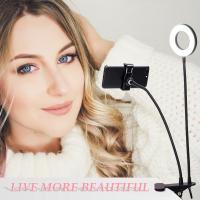

There are no comments for this blog.